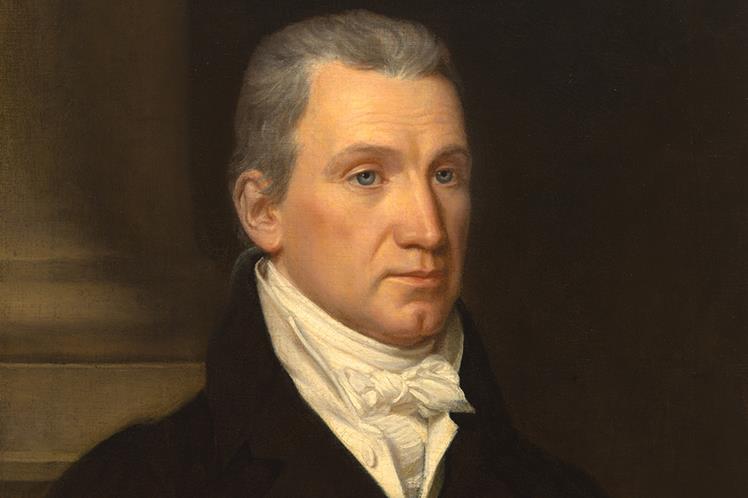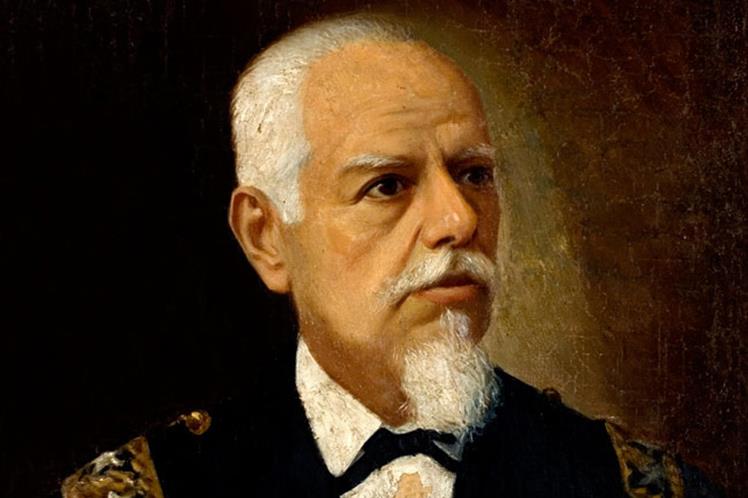By Juan Jose Paz y Miño Cepeda*
Not only did the social forces awakened by independence in several countries, but also the world powers were redefined in the face of a collapse of the Spanish empire and the rise of other capitalist nations in Europe (in particular United Kingdom), as well as the United States of America.
In 1823 a series of events took place. In Buenos Aires, an alliance with the Republic of Colombia was signed to guarantee independence; but in Montevideo the defense against the advance of Brazil, still under Peter I, was agreed; and, in Chile, Bernardo O´Higgins resigned.
The incipient Colombia authorized Liberator Simon Bolivar to undertake the Southern Campaign, which made it possible to transfer him and fight the battles of Junín and Ayacucho (1824), which gave definite independence to Peru and Bolivia, although there was a sector that supported an independent kingdom with a Spanish prince.
Central America was bustling: in Mexico, it was possible to put an end to the Iturbide empire, while Guatemala, Honduras, El Salvador, Nicaragua and Costa Rica decided to constitute the “Federal Republic of Central America”, which also implied freeing itself from any domination by Mexico.
In the Caribbean, Cuban patriots attempted a liberating expedition from Mexico and especially sought the support Simon Bolivar, achieving an advanced independence project known as “Suns and Rays of Bolivar”, although without success, because the island could only become independent in 1898.

But, what was most significant in the continental order was the proclamation made by US President James Monroe (December 2, 1823) due to the obvious projections of European interests, which threatened independence and according to which “America is for the Americans”. The “Monroe Doctrine”, thus summarized, was, for that moment, a brake against the attempts of recolonization of Latin American countries, but it also ensured, from the beginning of the region´s National States, the expansion of US interests. However, between 1823 and 1898, what actually existed was an imperfect Americanism, because it did not prevent European incursions (above all form the United Kingdom and France) into Latin America.

Precisely because of this historical experience, in 1895, Ecuadorian liberal-radical leader Eloy Alfaro (1842-1912) convened a continental congress thar was to meet in Mexico on August 10, 1896. That congress was boycotted by the US through Secretary of State, Mr. Olney.
Consequently, only representatives from eight States attended the meeting: Costa Rica, Ecuador, El Salvador, Guatemala, Honduras, Mexico, Nicaragua and the Dominican Republic. A forceful report was issued, one which not only reviewed both European and North American incursions into different Latin American countries throughout the 19th century, but it alsopostulated, for the first time, the need to restrict the Monroe Doctrine to a real American public law, approved by all countries. Thus, with radical criticism, the first century of “Americanist” relations in the continentcame to an end.
At the beginning of contemporary imperialism, Monroeism became expansive, having as a behavioral framework both the “big stick” doctrine of Republican Theodore Roosevelt (1900) and that of the “good neighbor” of Democrat Franklin D. Roosevelt (1933-1945). The Cold War, escalating after the end of World War II, encouraged fanatical “Americanism”, which Manichaely divided the world between “free” and “democratic” countries and “communists” and “authoritarians”. Another cycle began in the 1980s, in which neoliberalism aroseand was consolidated during the 1990s within the framework of transnational globalization led by the US in the face of the collapse of Soviet socialism. Both the market economy and liberal democracies had triumphed and everything looked like “the end of history” (F. Fukuyama).
Paradoxically, the enchantment has been short-lived. At the beginning of the 21st century, unstoppable situations were incubated: the recovery and rise of Russia, the rise of China, new economic relations of Latin American countries with those countries and the diversification of relations with others. During the second decade of the 21st century, the world map took an unexpected turn: the growing sclerosis of US hegemony, which drags along European powers; the definition of sovereign policies among progressive Latin American governments; reactions in Africa against former colonial metropolis.
As never before, there is widespread radical criticism of the OAS in Latin America, questioning US interventionism in the internal affairs of other countries, the refusal to align with the West in the war in Ukraine (in spite of positions like that of Chilean president Gabriel Boric), rapprochement with Russia and China, which are not considered “enemy” powers.

In fact, the relationship between Russia and China, established in the wake of president Xi Jinping´s recent visit to Vladimir Putin, marks a historic moment in the development of Humanity. At the same time, the BRICS are being strengthened and the rapprochement of Argentina, which also seeks to relaunch UNASUR; while Brazil strengthens relations with China and President Lula Da Silva travels to discuss issues of interest. The Cuban cause is imposed in the face of the aggression of the US blockade and, in Mexico, President Andres Manuel Lopez Obrador defines categorically Latin Americanist positions, directly confronting the US.
Two hundred years after its proclamation, the Monroe Doctrine is unsustainable and in crisis. But, not so the aggressiveness with which it still manifests itself and which has recently become visible with statements by General Laura J. Richardson, Commander of the US Southern Command, against Latin America´s sovereign approaches to China and Russia, her criticism of wide dissemination of Russian news agencies in the region, as well as the forecasts she makes about existing natural resources (especially lithium) and the disturbing relationship she seeks to renew and strengthen directly with the armed forces, on which there is sufficient historical experience.
Latin America finds itself in a moment of acute contradictions, as it was 200 years ago, in which the internal forces of each country weigh heavily and, at the same time, as the geostrategies of the changing world amid the inevitability of multipolar and multicultural international relations, which project the Mundus Novus of the 21st century.
In this process, Latin Americans are not willing to consent or adhere to the new and Manichean division of Humanity into the spheres of “free” and “democratic” countries and those governed by “authoritarian” powers, although it is still difficult to achieve a common geostrategy, capable of becoming a decisive continental force. *Ecuadorean researcher, university history professor and author of several articles and books on Ecuador and Latin America.
jl/rmh/jjpmc










